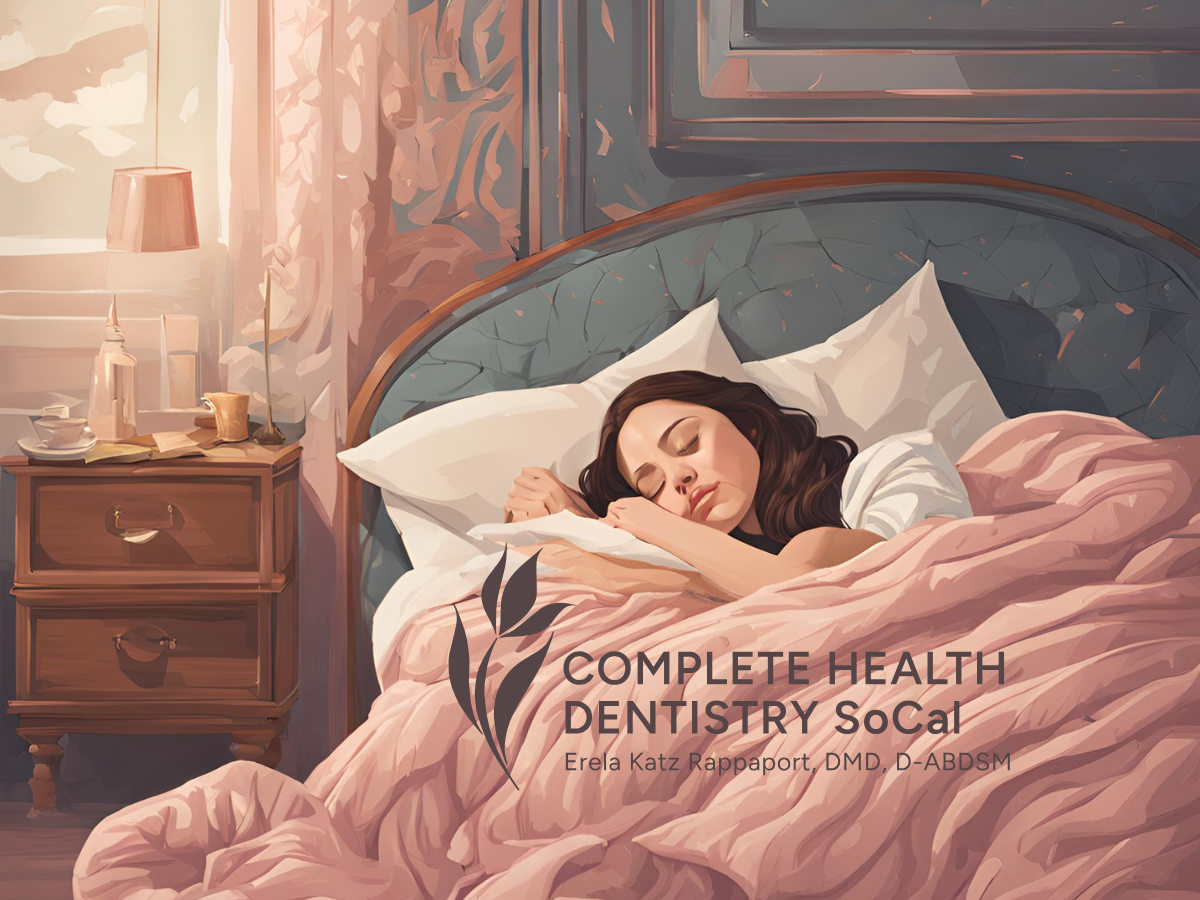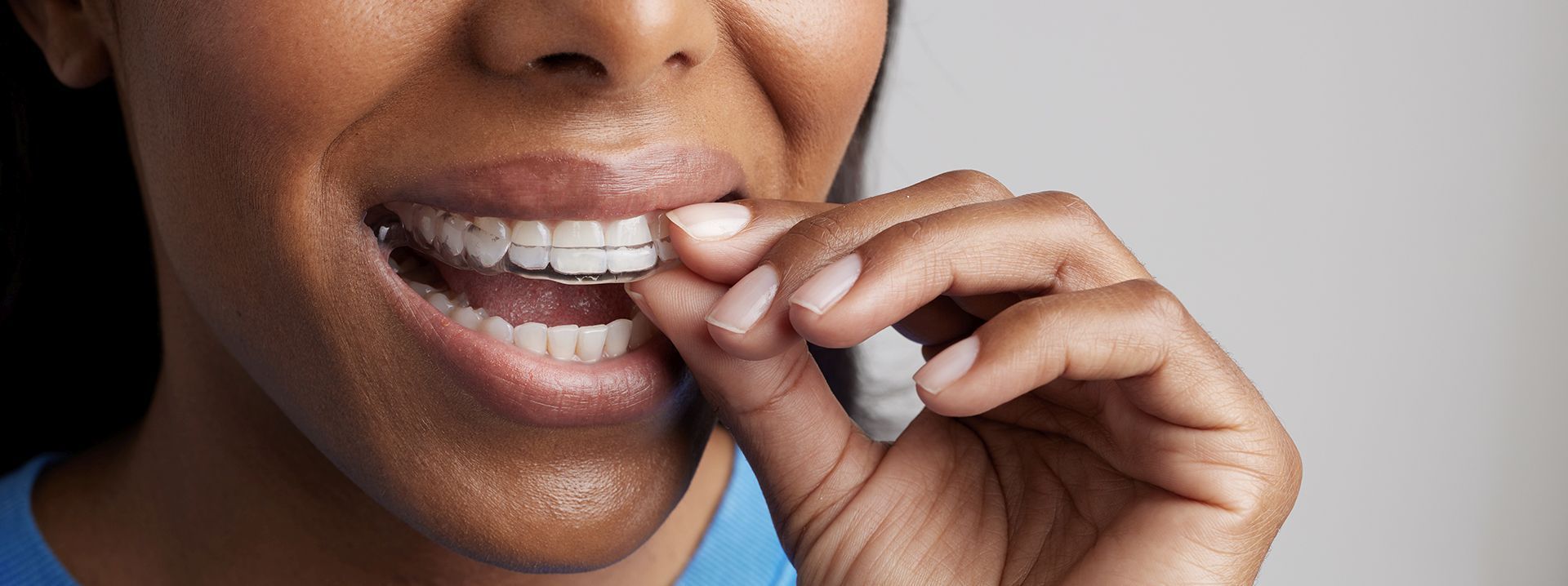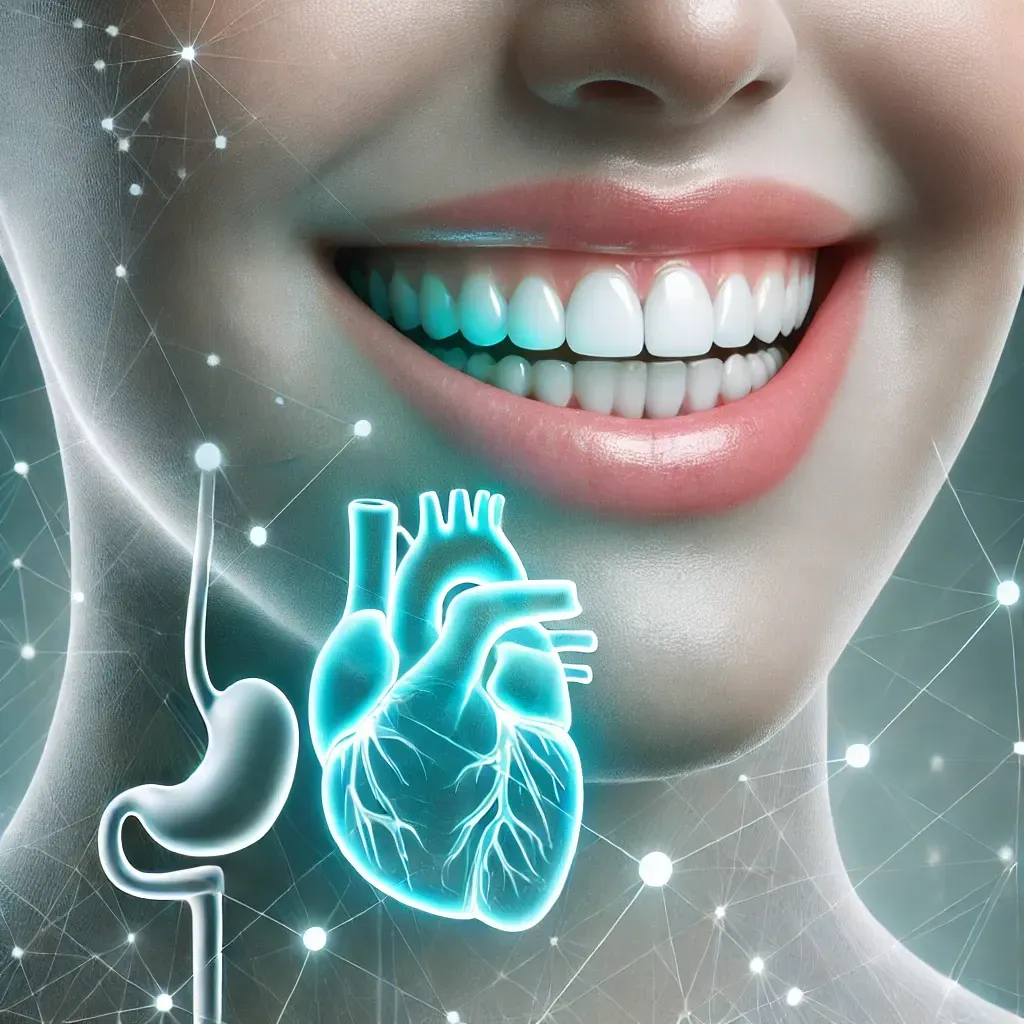Flossing for a Healthy Heart: Simple Habits with Big Benefits
Understanding the Link Between Oral Health and Heart Health
Oral health is more than just a bright smile; it's a window into your overall health. Surprisingly, there is a significant connection between the health of your gums and your heart. The bacteria and inflammation associated with gum disease are suggested as key factors linking oral health to cardiovascular disease. When your mouth isn't healthy, it can lead to inflammation that affects your entire body, including your heart.
The Role of Bacteria and Inflammation
- Bacteria from gum disease can enter your bloodstream, potentially causing inflammation in your arteries.
- This inflammation may increase the risk of atherosclerosis, a condition where the arteries become narrowed and hardened.
- Chronic inflammation is a known contributor to heart attacks and strokes.
Scientific Evidence
Several studies have highlighted this connection. For instance, research has shown that people with gum disease have a higher risk of heart disease. A study in the Journal of Periodontology found that regular flossers had a 40% lower risk of cardiovascular disease. This evidence suggests that maintaining good oral hygiene could be a simple yet effective way to protect your heart.
Taking care of your mouth isn't just about avoiding cavities or bad breath; it's about safeguarding your heart too. Every time you floss, you're doing a small but mighty act for your overall health.
Practical Steps
- Floss daily to remove plaque and prevent gum disease.
- Brush twice a day with fluoride toothpaste to maintain healthy teeth and gums.
- Visit your dentist regularly for check-ups and professional cleanings.
- Consider using a Sonicare electric toothbrush for superior plaque removal and gum stimulation, which can significantly improve overall oral health.
- Use Perio Protect trays, a prescription treatment that delivers medication deep into gum pockets to reduce harmful bacteria and inflammation.
Understanding the bacteria and inflammation involved in gum disease can help you see why oral health is so vital. By keeping your mouth healthy, you're not just taking care of your smile—you're also taking a proactive step toward a healthier heart.
How Flossing Helps Reduce Stroke Risk
Flossing is often seen as a simple dental hygiene practice, but it turns out it might play a crucial role in reducing your risk of stroke. Recent studies suggest that flossing regularly can lead to a significant decrease in the likelihood of experiencing a stroke, particularly ischemic and cardioembolic strokes.
Flossing isn't just about keeping your teeth clean; it's about maintaining your overall health.
Flossing at least once a week is associated with a 22% lower risk of ischemic stroke and a 44% lower risk of cardioembolic stroke. These numbers are impressive, especially considering that these benefits appear to be independent of other oral hygiene practices like brushing or regular dental visits.
Researchers believe that the benefits of flossing stem from its ability to reduce inflammation and infection in the mouth. This reduction in oral inflammation can have a ripple effect on your body's overall health, potentially lowering the risk of serious conditions like stroke.
Here are some key reasons why flossing might help reduce stroke risk:
- Reduces Inflammation: Flossing helps to remove plaque and food particles that can cause gum inflammation. This inflammation, if left unchecked, can contribute to the hardening of arteries and increase stroke risk.
- Lowers Oral Infections: By keeping your gums healthy, flossing reduces the chances of oral infections, which are linked to systemic health issues, including strokes.
- Encourages Healthy Habits: Flossing is an easy habit to adopt and can encourage other healthy lifestyle choices that collectively decrease stroke risk.
While more research is needed to fully understand the connection, the current evidence strongly supports making flossing a regular part of your routine. It's a simple, affordable, and effective way to potentially protect not just your teeth, but your overall health.
The Bigger Picture: Oral Hygiene and Systemic Health
Oral health is more than just a sparkling smile; it's a window into your overall well-being. The connection between oral hygiene and systemic health is profound. When we talk about oral health, we're not just discussing cavities and gum disease. We're looking at a potential predictor of systemic conditions like heart disease, diabetes, and even respiratory issues.
Oral Bacteria and Systemic Health
Our mouths are teeming with bacteria, most of which are harmless. However, poor oral hygiene can lead to an overgrowth of harmful bacteria, which can enter the bloodstream and cause inflammation. This inflammation is a known risk factor for several systemic diseases.
- Heart Disease: Studies suggest that oral infections and inflammation can contribute to the development of cardiovascular conditions. When bacteria from the mouth enter the bloodstream, they can attach to fatty deposits in the arteries, leading to atherosclerosis.
- Diabetes: People with diabetes are more prone to infections, including periodontal disease. Conversely, gum disease can make it harder to control blood sugar levels, creating a vicious cycle.
- Respiratory Infections: Inhaling bacteria from infected gums and teeth can lead to lung infections, including pneumonia, especially in older adults.
Preventive Measures for Better Health
Taking care of your oral health is a simple yet effective way to improve your overall health. Here are some steps you can take:
- Regular Brushing and Flossing: Maintain a routine of brushing twice a day and flossing daily to remove plaque and prevent gum disease.
- Use Antimicrobial Mouthwash: This can help reduce the bacterial load in your mouth, lowering the risk of oral infections.
- Routine Dental Visits: Regular check-ups allow for early detection and management of oral health issues, preventing them from escalating into systemic problems.
- Sonicare Electric Toothbrush: This advanced toothbrush is highly effective at removing plaque and improving gum health, helping to prevent inflammation linked to heart disease.
- Perio Protect Treatment: Perio Protect trays deliver antimicrobial medication directly into gum pockets, reducing harmful bacteria and inflammation that contribute to systemic health risks.
By prioritizing oral health, you're not just protecting your teeth and gums; you're taking a proactive step towards safeguarding your entire body. It's a small investment with significant returns for your health.
Understanding the oral-systemic connection is crucial. It's not just about preventing cavities; it's about recognizing that good oral hygiene is a cornerstone of overall health. So next time you reach for that toothbrush or floss, remember, you're not just caring for your mouth—you're caring for your whole self.
Simple Steps to Improve Oral and Heart Health

Taking care of your teeth and gums isn't just about having a nice smile; it's also about keeping your heart healthy. Good oral hygiene can lead to better heart health. Here are some simple steps to help you achieve both:
- Brush Regularly: Use fluoride toothpaste and brush your teeth at least twice a day. This helps to remove plaque and prevent cavities, which can reduce the risk of gum disease and inflammation.
- Floss Daily: Make sure to floss every day to remove food particles and plaque between your teeth. This simple action can prevent gum disease, which has been linked to heart health issues.
- Use Mouthwash: An antimicrobial mouthwash can help reduce bacteria in your mouth, lowering the risk of plaque buildup and gingivitis. Remember, mouthwash is an addition, not a replacement for brushing and flossing.
- Stay Hydrated: Drinking water throughout the day helps wash away food particles and bacteria, promoting overall oral health. Staying hydrated can also be beneficial for your heart.
- Regular Dental Check-ups: Visit your dentist regularly for check-ups and cleanings. They can catch potential oral health issues early and provide professional cleanings to remove tartar that brushing and flossing might miss.
- Eat a Balanced Diet: Incorporate calcium-rich foods into your diet to strengthen your teeth and bones. This not only supports oral health but can also contribute to better heart health.
Making these habits part of your daily routine can significantly impact your overall health. It's a small investment of time for a big return in well-being. By consistently following these steps, you're not just caring for your mouth—you're caring for your heart too.
The Takeaway: Flossing for a Healthier Life

Flossing might seem like a minor part of your daily routine, but its impact can be quite significant. Regular flossing can reduce the risk of ischemic stroke by 22% and cardioembolic stroke by 44%. This simple act not only maintains your oral health but also supports your cardiovascular system.
Think of flossing as a small investment with big returns for your overall health.
Here are some key points to remember:
- Flossing helps remove plaque and debris from between your teeth and along the gum line, preventing gum disease.
- Good oral hygiene, including flossing, can help reduce inflammation that might affect your heart.
- Using tools like Sonicare electric toothbrushes and Perio Protect treatments can further enhance your oral hygiene routine, leading to even better health outcomes.
Making flossing a non-negotiable part of your day is a straightforward way to enhance your well-being. Remember, every time you floss, you're not just caring for your teeth, you're also taking steps to protect your heart. So, grab that floss, use your Sonicare toothbrush, consider Perio Protect, and give your heart a helping hand.
Conclusion
In wrapping up, it's clear that flossing is more than just a step in your dental routine—it's a simple yet powerful way to support your heart health. By making flossing a daily habit, you're not only keeping your gums in check but also potentially lowering your risk of heart disease. Incorporating tools like Sonicare electric toothbrushes and Perio Protect can further enhance your oral health routine, maximizing its benefits for your heart.
It's fascinating how something so small can have such a big impact on your overall well-being. So, next time you reach for that floss, remember, you're doing more than just cleaning your teeth; you're taking a step towards a healthier heart. Keep flossing, keep smiling, and keep your heart happy.













